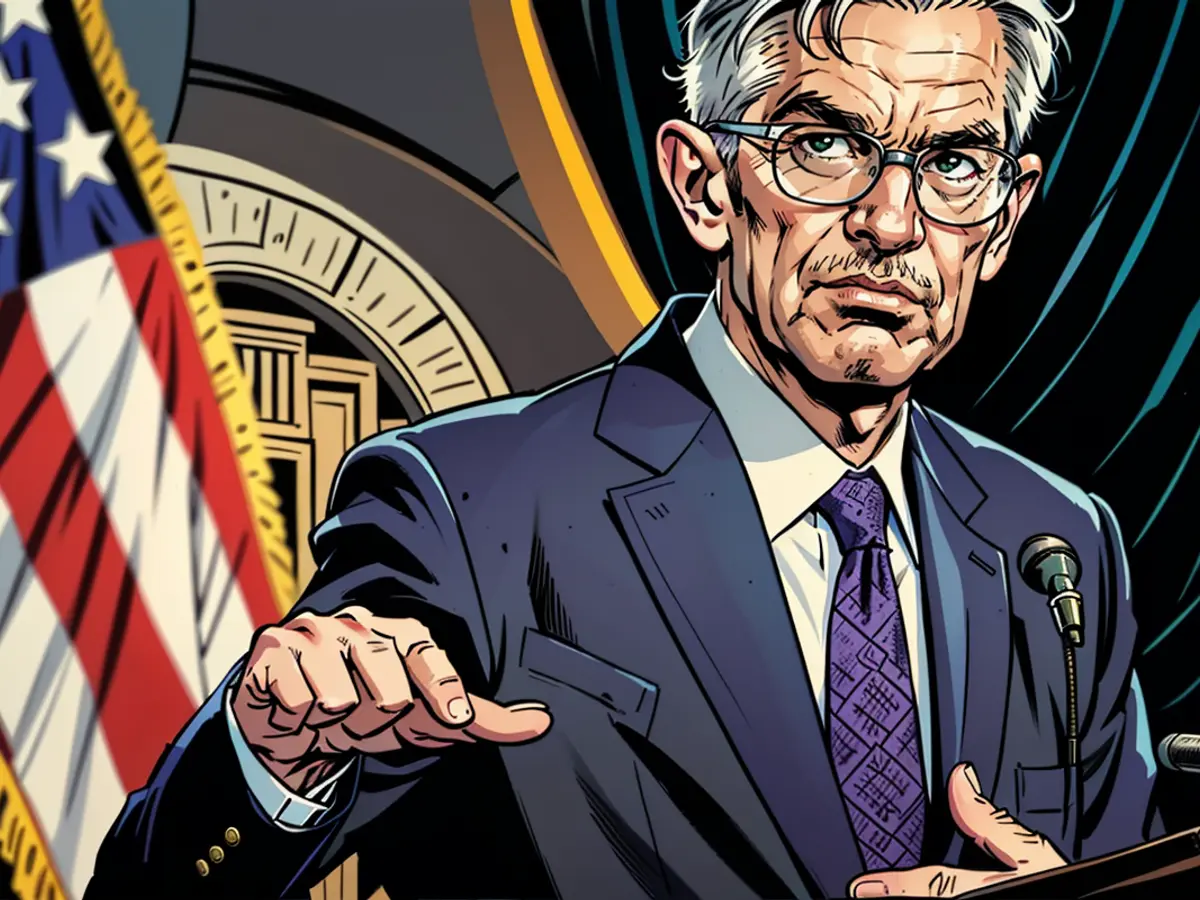Hearing before the US Senate - Powell sees small progress in the fight against inflation
Federal Reserve Chairman Jerome Powell once again gave no clear signal for a rate cut imminent. The latest inflation data indicated "modest further progress" in price development, Powell said during a hearing before the U.S. Senate. "More good data" would strengthen the belief that inflation would sustainably approach the Federal Reserve's (Fed) target. The Fed aims for an inflation rate of two percent.
A too low or late rate cut could endanger economic growth and the labor market, Powell warned. A too early or too aggressive rate cut could derail or reverse inflation progress. The Fed last left the interest rate unchanged at a range of 5.25% to 5.5% for the seventh consecutive time.
"The head of the US dollar watchdog remains vague about how long the Fed intends to stay at the current interest rate level," commented Elmar Volker, economist at Landesbank Baden-Württemberg, on Powell's statements. The economic outlooks have deteriorated recently. "However, the next Fed interest rate decision on July 31 comes too early for a rate turnaround," Volker writes. "If the indicators for a significant economic downturn emerge in the coming weeks, the Fed meeting in September would be the appropriate starting point for a phase of monetary easing from today's perspective."
- Jerome Powell, the Chairman of the US Federal Reserve, expressed no definite indication for an imminent interest rate cut during a hearing before the US Senate.
- In his statements, Powell referred to the latest inflation data, stating that there has been "modest further progress" in price development, which falls under the Fed's definition of "further progress" towards its 2% inflation target.
- At the Federal Reserve System hearing, Powell noted that more robust data would strengthen the belief that inflation would consistently approach the 2% target set by the USA's central bank.
- The Chairman highlighted the importance of maintaining a balanced approach to interest rates, emphasizing that a premature or overzealous rate cut could potentially halt or reverse the ongoing progress towards achieving the Fed's inflation target.
- Despite recent economic downturns, a potential rate cut might not occur until the September Federal Reserve meeting, according to economist Elmar Volker, who noted that the upcoming July 31 Fed interest rate decision comes too soon based on the current indicators.
- Volker pointed out that the US Senate hearing offered little clarity on the US Federal Reserve's intentions to adjust interest rates, underscoring the challenge consumers and businesses face in gauging the central bank's monetary policy decisions.








